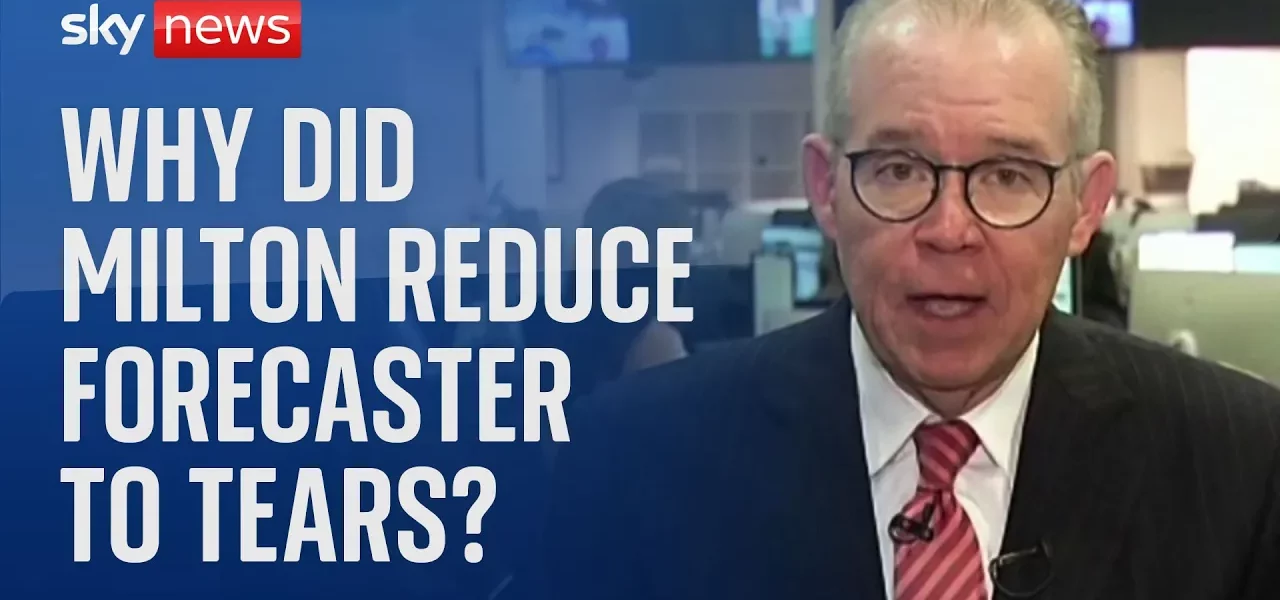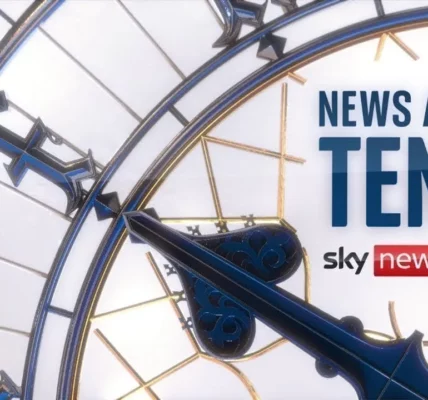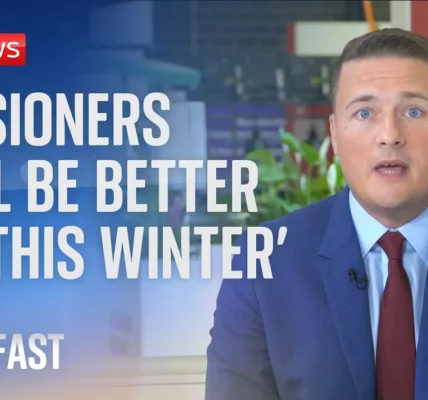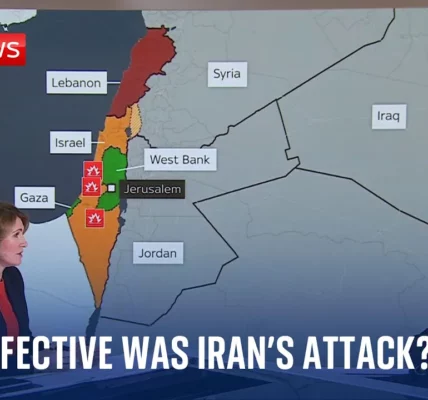Hurricane Milton: A Meteorological Crisis in Florida

As Hurricane Milton bears down on Florida, warnings of life-threatening conditions intensify. This article explores the hurricane’s impact, the science behind it, and the emotional response from meteorologists faced with such extreme weather events.
Introduction
In recent days, the state of Florida has been gripped by the looming threat of Hurricane Milton, a powerful storm that has raised alarms across the region. With tornado warnings issued for most of southern Florida and reports of twisters spotted, the situation is dire. Meteorologists like John Morales have been at the forefront, not only reporting on the storm’s progression but also sharing their emotional reactions to the intensifying crisis. This article delves into the details of Hurricane Milton, its implications for Florida, and the broader conversation about extreme weather events and climate change.
The Nature of Hurricane Milton
Hurricane Milton has rapidly intensified, which is a significant concern for meteorologists and residents alike. The storm’s evolution from a tropical storm to a category five hurricane showcases the alarming trend of increasing hurricane severity. Here are some key points regarding Hurricane Milton:
- Initial Classification: The storm was classified as a mundane tropical storm just the day before it intensified.
- Rapid Intensification: A drop of 50 millibars in barometric pressure within just 10 hours is indicative of explosive intensification.
- Category Five Status: At its peak, Hurricane Milton reached category five status, which is characterized by maximum sustained winds exceeding 157 mph.
The Emotional Impact on Meteorologists
John Morales, a seasoned meteorologist, displayed a remarkable emotional response while reporting live on air about Hurricane Milton. His reaction has resonated with many viewers, highlighting the human side of weather forecasting. Key aspects of his experience include:
A Breakdown on Air
During a live broadcast, Morales experienced a moment of vulnerability as he processed the gravity of the situation. His emotional response was fueled by several factors:
- Understanding the Science: Morales’s deep understanding of meteorological principles allowed him to comprehend the implications of the storm’s rapid intensification.
- Anticipatory Grieving: The concept of anticipatory grieving highlights his empathy for potential victims impacted by the hurricane.
Changing Perspectives on Extreme Weather
Morales reflected on his evolution as a weather communicator, transitioning from a non-alarmist approach to acknowledging the increasing severity of extreme weather events. His insights include:
- Increased Frequency: There is a notable rise in the frequency and severity of hurricanes globally.
- Climate Change Implications: The correlation between climate change and the rise in category four and five hurricanes is becoming more evident.
- Call for Action: Morales emphasizes the need for urgent action to address climate issues, as extreme weather events continue to escalate.
Broader Implications of Extreme Weather
The intensification of hurricanes like Milton raises important questions about the future of weather patterns and community preparedness. Here are some broader implications:
- Infrastructure Vulnerability: Communities need to assess and bolster infrastructure to withstand extreme weather.
- Emergency Preparedness: Enhanced emergency response plans are essential to protect lives and property.
- Public Awareness: Increased public awareness of the science behind hurricanes can foster a better understanding of risks and necessary precautions.
Conclusion
As Hurricane Milton continues to threaten Florida, the emotional and scientific responses from meteorologists like John Morales highlight the urgency of addressing extreme weather events and their implications. The increasing severity of hurricanes underscores the need for collective action against climate change and improved preparedness for future storms. Stay informed, take precautions, and support initiatives aimed at combating climate change. For more insights on weather and climate issues, check out our related articles.
“`




